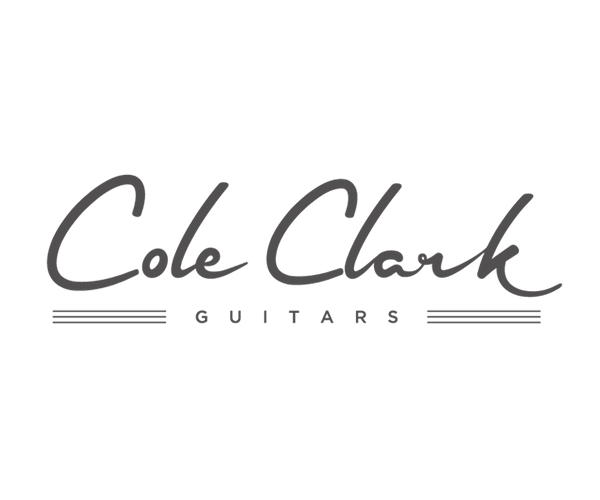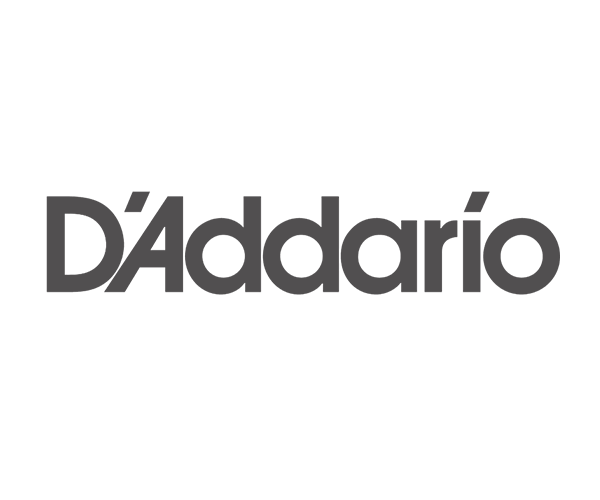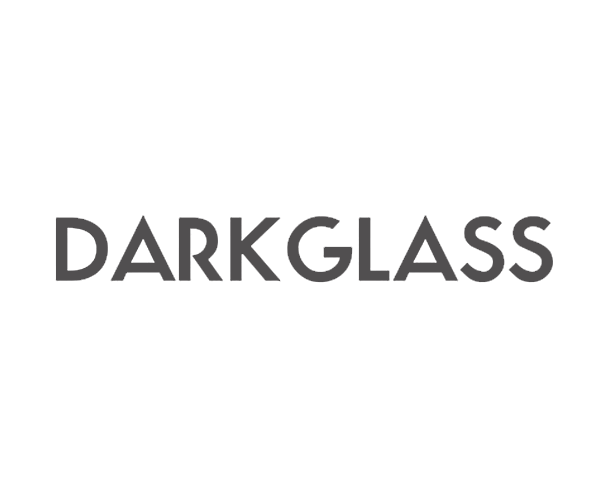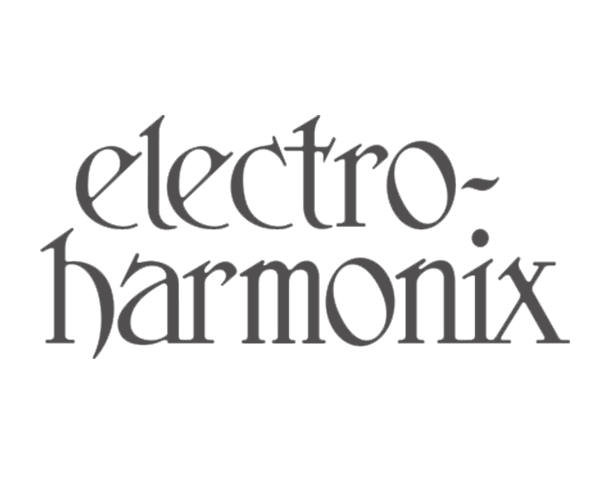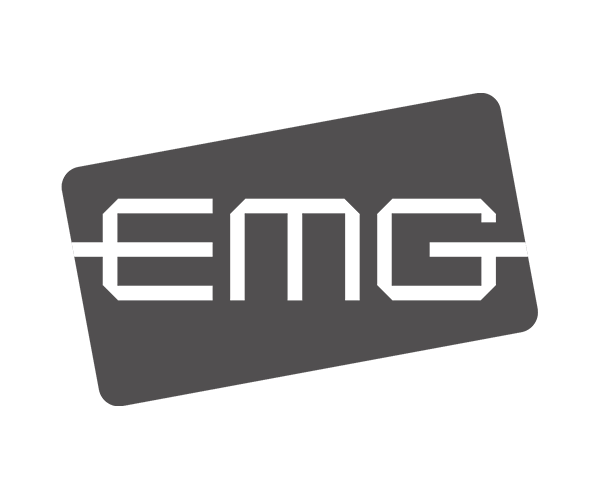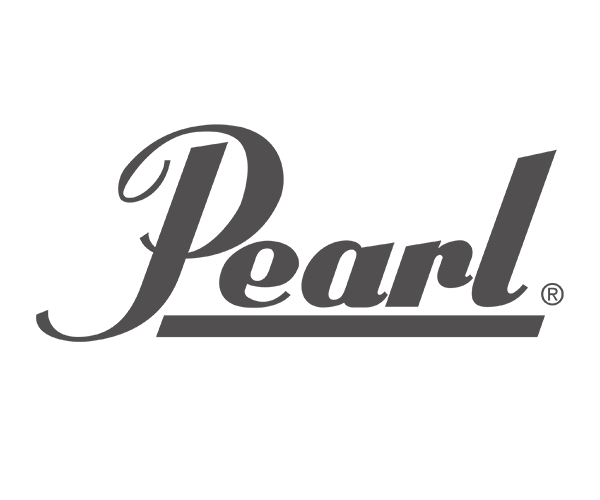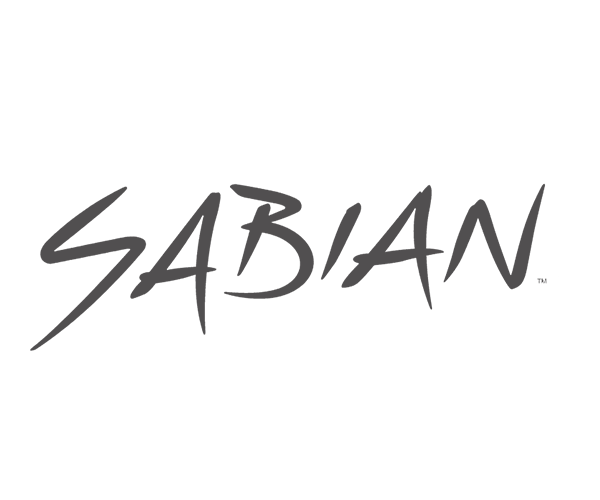Are Guitar Pedals Worth It?: What to Know Before You Buy
Asking if guitar pedals are worth it is like asking if chocolate topping is a worthwhile addition to ice cream: each scenario introduces a new, interesting and complex layer of sound options or taste, but there’s also nothing wrong with foregoing guitar accessories altogether—or eating plain, vanilla ice cream. Just as a car with more controls has more performance options, a guitar setup with pedals will equip you with more opportunities to experiment with or change up sounds. That said, whether it’s worth it will be a matter of personal preference and also whether the budget will extend that far. You can replicate many pedal functions with just a guitar and amplifier, so beginners in particular may wish to forego the pedals—at least, while they’re starting out.
If you’re tossing up whether or not to go down the guitar pedal route, perhaps this blog will give you some further clarity. Let’s break down the pros and cons of guitar pedals and determine whether or not they’re ‘worth it’.
Pro: They’re Convenient
Before we explore the full spectrum of guitar pedals, let’s first examine the types that facilitate an effect you can typically achieve with a guitar and amplifier alone:
- Tuner
- Volume
- Equaliser
- Boost
- Overdrive
- Distortion
- Reverb
- Vibrato
- Tremolo
- Octave & harmoniser
- Switcher/controller.
Obviously, you can tune virtually any instrument just as it is without having to buy additional equipment. Even if you’re not a play-it-by-ear musician, you should be able to tune your guitar via the tuning function found on most amplifiers or with a clip-on tuner. And volume control is built into all electric instruments, just as it is with any devices that can play audio.
As for virtually every other effect on this list, you can achieve it with a click of your fingers—almost literally. You need only adjust your current technique to unlock the sound you desire. For example, manual vibrato is a simple case of holding a note while bending the string up, down or back.
You may be wondering why you would invest in these pedals if you can already achieve many—if not all—of these functions without them. The answer is that these pedals will make your life easier—simple as that. Not only will they remove a whole lot of fiddly finger work, but they will also work beyond human capabilities. So, in the case of creating vibrato, a pedal built for that purpose would be able to oscillate pitch faster than a human could, as well as access a greater difference in pitch. That brings us to our next pro.
Pro: They Offer Loads of Options
While it’s simply impractical to use every last pedal available, the full spectrum of guitar pedals offers a wealth of options. Refer to the following list for pedal types providing sounds you can’t achieve any other way:
- Expression
- Buffer
- Compressor
- Wah
- Preamp
- Leslie/rotary
- Chorus
- Phaser
- Flanger
- Pitch-shifting
- Envelope filter
- Ring modulation
- Synth
- Looper
- Multi-effects
- Fuzz
- Delay.
Returning to the ‘ice cream’ analogy, these pedals truly are the chocolate topping and sprinkles: by no means necessary, but sure to sweeten the deal and make for a richer experience. These compact devices provide players with a wide array of effects, from classic distortions and reverbs to more experimental and genre-defying sounds. However, just as you wouldn’t layer your dessert with every topping available at the ice creamery, you also wouldn’t purchase every pedal on the market. In both scenarios, there would be clashes and discordant distortions undermining your original vision.
Treat guitar pedals as a smorgasbord rather than a collection of must-haves. In fact, the beauty of pedals is that they offer loads of options. Your job is to select the pedals that support the sound you want to create. How many is too many? This is a matter of common sense, which should also include considerations about space and power restrictions, setup time, functionality, and mobility, if you need to travel a lot with your guitar accessories.
Con: They’re Not Actually Necessary
As much as we’ve been singing their praises, guitar pedals aren’t actually necessary. As discussed earlier, there are many functions you can recreate with your guitar and amplifier alone. While many of these functions will require more hand or finger manoeuvring, an advantage of this is that you can learn a lot of finger work without growing complacent or dependent upon the pedals, which automate many processes. Moreover, foregoing guitar pedals gives you the opportunity to truly explore your own capabilities before introducing extras. For beginners, it may be better to learn the basics first rather than confusing matters with all the additionals on top.
Con: They’re Not Always Cheap
The other thing to consider is that guitar pedals are not always cheap. At Angkor Music, our cheapest pedal is $75 and our most expensive sits around the $1,000 mark. If you’re a beginner and you’re unsure if guitar pedals are for you, the price alone may be enough to turn you off. Bear in mind that these prices pertain to single (rather than multiple) pedals. If you were to purchase more than one, you would be paying within this range per pedal. For some, this may be their sign to forego guitar pedals—at least, for now.
Get Guitars & Pedals at Angkor Music
Whichever guitar accessories you wind up purchasing, we’ve got everything you need at Angkor Music. If you’re just getting started with the guitar, you may wish to take home one of our quality Ibanez guitars! Tune into our selection and find the equipment you need to hit the ground running. If you’re still undecided about guitar pedals, you are also welcome to continue the conversation with one of our knowledgeable staff members. Get in touch today!


